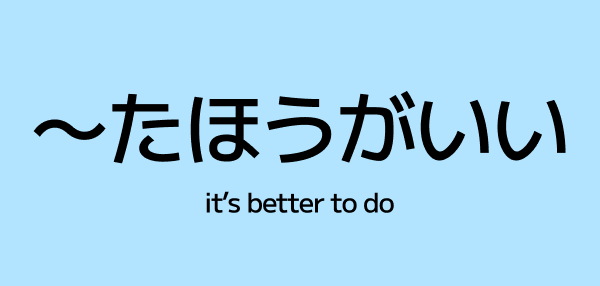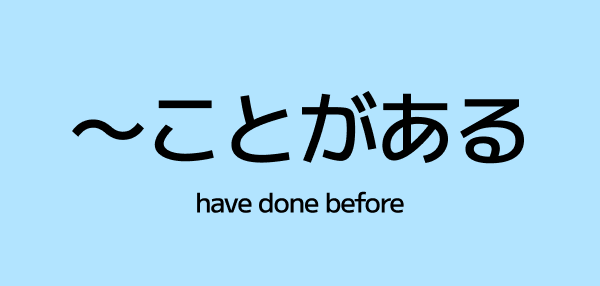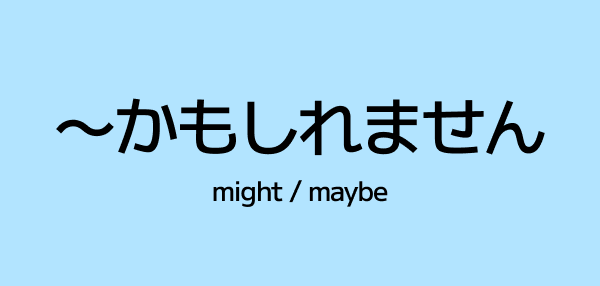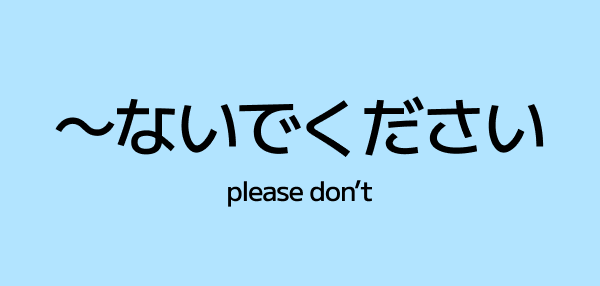~なければならない / ~なきゃいけない (nakereba naranai / nakya ikenai) – must do
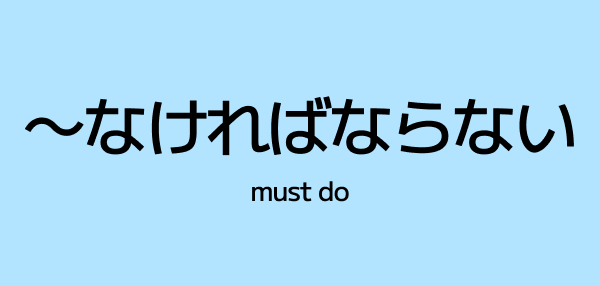
Ever need to say “I have to go” or “You must study” in Japanese? That’s where「~なければならない」and its more casual cousin「~なきゃいけない」come in.
Both mean “must do” or “have to”.
Let’s break it down 👇
What Does ~なければならないMean?
「~なければならない」is the formal, polite way to say:
“must / have to / need to”
Think of it as saying: “If I don't do it, it would be bad.”
Example:
べんきょう しなければなりません。
Benkyou shinakereba narimasen.
→ I must study.
You’ll hear this version in:
- Work situations
- School settings
- News and formal speech
But in casual daily life, people usually say…
~なきゃいけない(More Common & Casual)
This is the spoken, shortened form of ~なければならない.
Example:
もう かえらなきゃいけない。
Mou kaeranakya ikenai.
→ I gotta go home.
Same meaning, but more natural for talking with friends.
You might also hear:
- ~なきゃ→ ultra casual version (dropping theいけない)
- たべなきゃ!(Gotta eat!)
- トイレに行かなきゃ!(Gotta go to the bathroom! )
- ~なくちゃ(another variant with same meaning)
- 急がなくちゃ!(Gotta hurry!)
How to Conjugate Verbs to ~なければ/ ~なきゃ
Here’s how to turn a verb into this “must” form:
1. Start with the ない-form of the verb (negative form)
2. Removeない
3. Add:
- なければならない(formal)
- なきゃいけない(casual)
- なきゃ(super casual)
Examples:
- たべる → たべない→たべなければならない/たべなきゃいけない
- いく → いかない→いかなければならない/いかなきゃいけない
- する → しない→しなければならない/しなきゃ
- くる → こない→こなければならない/こなきゃ
⚠️ Note:するandくるare irregular, so memorize theirない-forms.
Examples
Here are sentences you'll probably hear in Japan:
- あした は はやく おきなきゃ。 → I gotta wake up early tomorrow.
- しゅくだい を やらなきゃいけない。 → I have to do my homework.
- パスポート を もって いかなければなりません。 → You must bring your passport.
- この くすり を のまなきゃ。 → I have to take this medicine.
- あやまらなきゃ。 → I have to apologize. 🥲
Try It Yourself!
How would you say...
- I have to leave.
- I have to study Japanese.
- I have to clean my room.
- I gotta sleep soon.
Answers:
- でなきゃいけない。/でなければなりません。
- 日本語をべんきょうしなきゃ。
- へやをそうじしなきゃ。
- もうねなきゃ。
Cultural Note: Obligation, Indirectly
Japanese people often soften expressions of obligation. Even if it’s a “must,” they might say it in a lighter tone, especially when asking someone else. You can use the 〜ほうがいい grammar instead if you're suggesting someone do something.
Instead of saying:
- あなた は やらなければなりません! "You must do it!" ❌ (Unless you're one of those super strict teachers...)
They might say:
- やったほうがいいと思います。→ “I think it’s better if you do it.” ✅
- やらなきゃだめかな〜? → “I guess I have to do it…” (softer, indirect)
This helps keep the conversation more harmonious and avoids sounding too bossy. Japanese culture cares a lot about keeping relationships harmonious, so try not to demand too much of others with this grammar form.
Quick Recap
- ~なければならない = formal, “must”
- ~なきゃいけない = casual, “have to”
- ~なきゃ = super casual, “gotta”
They all mean the same thing. Just choose based on the situation and how polite you need to be.

